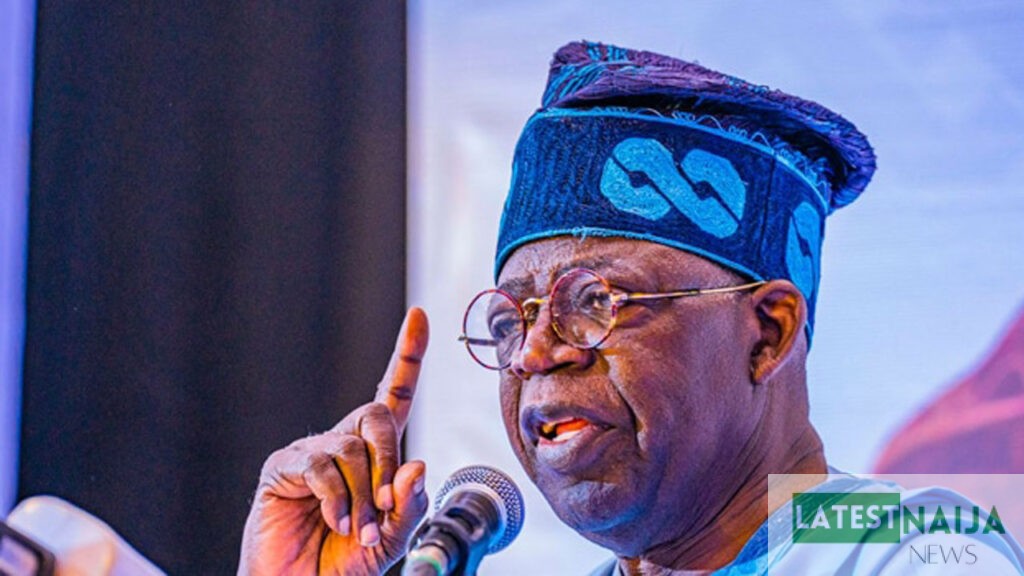
The Federal Government of Nigeria, under President Bola Tinubu, has secured loans totaling $6.45 billion from the World Bank within just 16 months of his administration. This follows the recent approval of three new loans worth $1.57 billion by the international lender, with expectations that the amount could rise further in the coming months.
The new loans, aimed at addressing key sectors such as power, education, and healthcare, come as part of a broader strategy to boost Nigeria’s economic stability and human capital. However, the growing debt profile is sparking concerns among citizens about the sustainability of such borrowing practices.
The World Bank has approved 36 loan requests for Nigeria in the past five years, amounting to a total of $24.088 billion. These funds have been earmarked for various development projects, including economic stabilization reforms, resource mobilization, and renewable energy expansion.
Notable loans secured under Tinubu’s administration include $750 million for power sector reforms, $500 million for women’s empowerment, and $700 million for girls’ education. However, some Nigerians are expressing frustration over the country’s rising debt levels, citing past borrowings that have not translated into significant economic improvements or infrastructure development.
Despite these concerns, the World Bank continues to support Nigeria’s financial needs. Documents from the lender reveal that since 2020, the institution has maintained a consistent pattern of approving credit facilities to the country. In 2020, 15 loans worth $6.36 billion were approved, including $750 million for COVID-19 response efforts and $430 million for Nigeria’s Digital Identification for Development project.
Loan approvals dropped slightly in 2021, with six projects worth $3.2 billion, while in 2022, under former President Muhammadu Buhari, $1.26 billion was approved for six additional projects, including $500 million for livestock productivity.
In 2023, loan requests increased to $2.7 billion, covering projects such as $750 million for power sector recovery and $500 million for the Nigeria Women Program Scale-up. This year, in 2024, Nigeria has already secured $3.75 billion for five projects, with more loan requests expected before the year’s end.
One of the key approvals this year includes the $1.5 billion Nigeria Reforms for Economic Stabilization to Enable Transformation Development Policy Financing Program. Additionally, $750 million was approved for the Nigeria Accelerating Resource Mobilization Reforms Program-for-Results.
According to a statement from the World Bank, these loans will help the Nigerian government improve health outcomes for women, children, and adolescents, as well as build resilience against climate change. The approved projects include $570 million for strengthening primary healthcare and $500 million for sustainable power and irrigation initiatives.
As of March 31, 2024, Nigeria’s debt to the World Bank stands at $15.59 billion, according to data from the Debt Management Office. Debt servicing costs for the first half of 2024 surged to N6.04 trillion, a 68.8% increase from N3.58 trillion during the same period in 2023, largely driven by the devaluation of the naira.


Comments are closed.